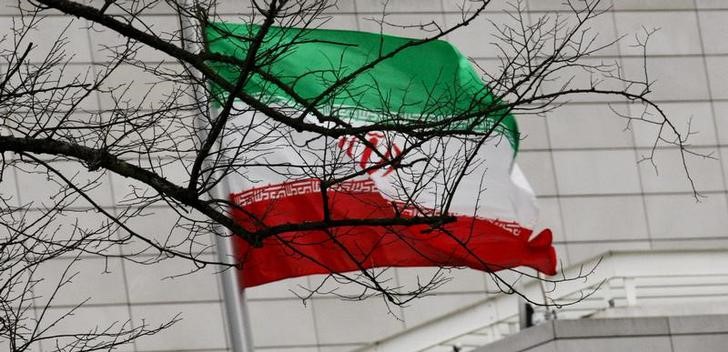By Barani Krishnan
Investing.com - Both OPEC+ and the White House aren’t doing what the oil bulls want. And that has sent U.S. crude back below $90 a barrel.
The 23-nation OPEC+ — comprising the original 13 members of the Saudi-led Organization of the Petroleum Exporting Countries and their 10 Russia-led allies — said Wednesday it agreed with Riyadh on the disconnect in pricing between crude futures and the physical oil market.
But that’s as far as the OPEC+ panel went in terms of a soundbite expected by longs in the market.
After the previous session’s price plunge of nearly 6%, bulls were probably counting on the oil producing alliance to give some hints about production cuts ahead of its meeting next week.
Instead, OPEC+ gave hyped-up demand estimates for its oil, suggesting that supply reduction — which Saudi Energy Minister Abdulaziz bin Salman cited as a possibility last week — was the last thing the alliance was thinking of right away.
The OPEC+ panel tightened its oil outlook for this year and next.
It reduced its 2022 oil surplus estimate by half to 400,000 barrels per day while forecasting a 300,000 bpd deficit for 2023.
“It’s not exactly what the longs in the market wanted to hear,” said John Kilduff, founding partner at New York energy hedge fund Again Capital.
Brent crude, the London-traded global benchmark for oil, settled down $2.82, or 2.8%, at $96.49, adding to Tuesday’s 5% plunge.
New York-traded West Texas Intermediate, the benchmark for U.S. crude, settled down $2.09, or 2.3%, at $89.55. In the previous session, WTI tumbled 5.5%.
To worsen matters for the bulls, a White House official said President Joe Biden spoke with Israeli Prime Minister Yair Lapid on Wednesday on the revival of a 2015 nuclear deal that is eagerly sought by Iran and strongly opposed by Israel.
Tel Aviv, in its own version of the conversation, said the two leaders "spoke at length about the negotiations on a nuclear agreement, and their shared commitment to stopping Iran’s progress towards a nuclear weapon."
The White House said Biden “reaffirmed the U.S. determination to never enable Iran to obtain a nuclear weapon.” But it did not say that the deal was off.
On Tuesday, Iran International, a pro-Tehran television station out of London, reported that the two sides have reached a deal on the nuclear deal that could be announced in two to three weeks to legitimately put the Islamic Republic’s oil back on the export market. A U.S. State Department official, speaking anonymously, was quoted saying on Twitter that nothing had been finalized, while not denying the two-to-three-week timeline.
“There is zero clarity on the Iran deal,” Scott Shelton, energy futures broker at ICAP in Durham, North Carolina, said on Wednesday, responding to the various reports circulating on the matter. At stake is an additional supply of up to a million barrels per day on paper, that could push prices lower.
Speculation over OPEC+ cuts and the Iran nuclear deal aside, oil is supported from going any lower after a third straight weekly drop in U.S. crude stockpile reported by the Energy Information Administration.
